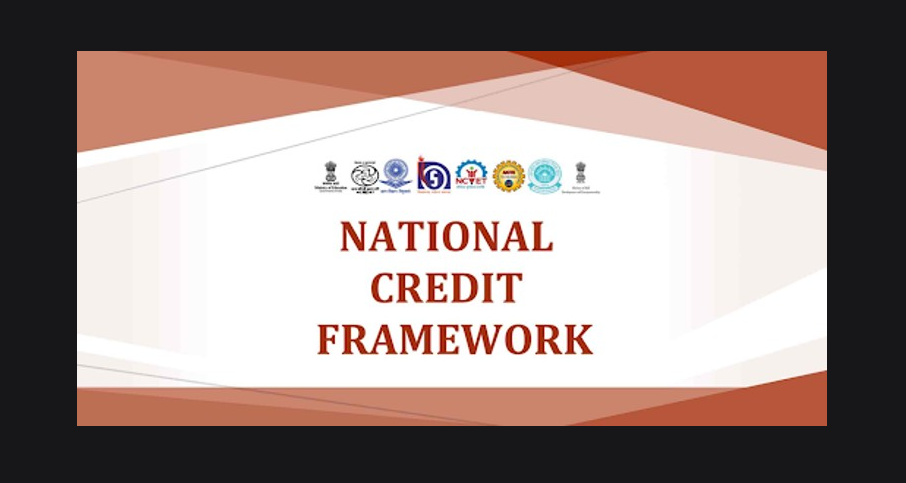The National Credit Framework, which was notified by the Centre in April, divides education and vocational training into eight levels
New Delhi, NFAPost: The Centre will soon form a high-level panel to oversee the smooth implementation of the National Credit Framework (NCrF), which aims to integrate academic education and skills, a report by the Economic Times (ET) said.
The NCrF will be implemented in August, it added. According to a senior official, the Centre anticipates numerous challenges in implementing the NCrF, including standardisation across different qualification frameworks while addressing the unique needs of each stream.
Aside from data security and privacy concerns, the Aadhaar-enabled data of millions of students also presents a significant challenge, the official said.
“The high-level committee will have to address issues related to maintaining the privacy of Aadhaar-enabled student registration and an academic bank of credit account that will have students’ data,” added senior government official.
In a recent circular, the Centre directed the University Grants Commission (UGC) and the All India Council for Technical Education (AICTE) to establish committees at their respective levels to fulfil the roles and responsibilities under the NCrF, while also advising the related autonomous bodies to seek advice from the high-level committee when necessary.
The NCrF, which was notified by the government in April of this year, divides education and vocational training into eight levels, each with its own set of credits. Candidates pursuing any of these will earn credits, allowing them to move between the two at any time between Class 5 and PhD.
The NCrF is a meta-framework that includes the National School Education Qualification Framework (NSEQF), the National Higher Education Qualification Framework (NHEQF), and the National Skills Qualification Framework (NSQF).
The main components of the NCrF are credits earned through completed academic education, credits earned through vocational education, training/skill programmes, credit points earned through relevant experiential learning, including relevant experience, and professional levels acquired.





